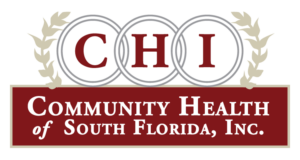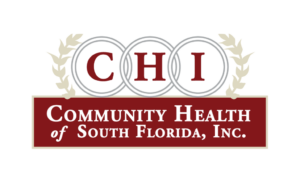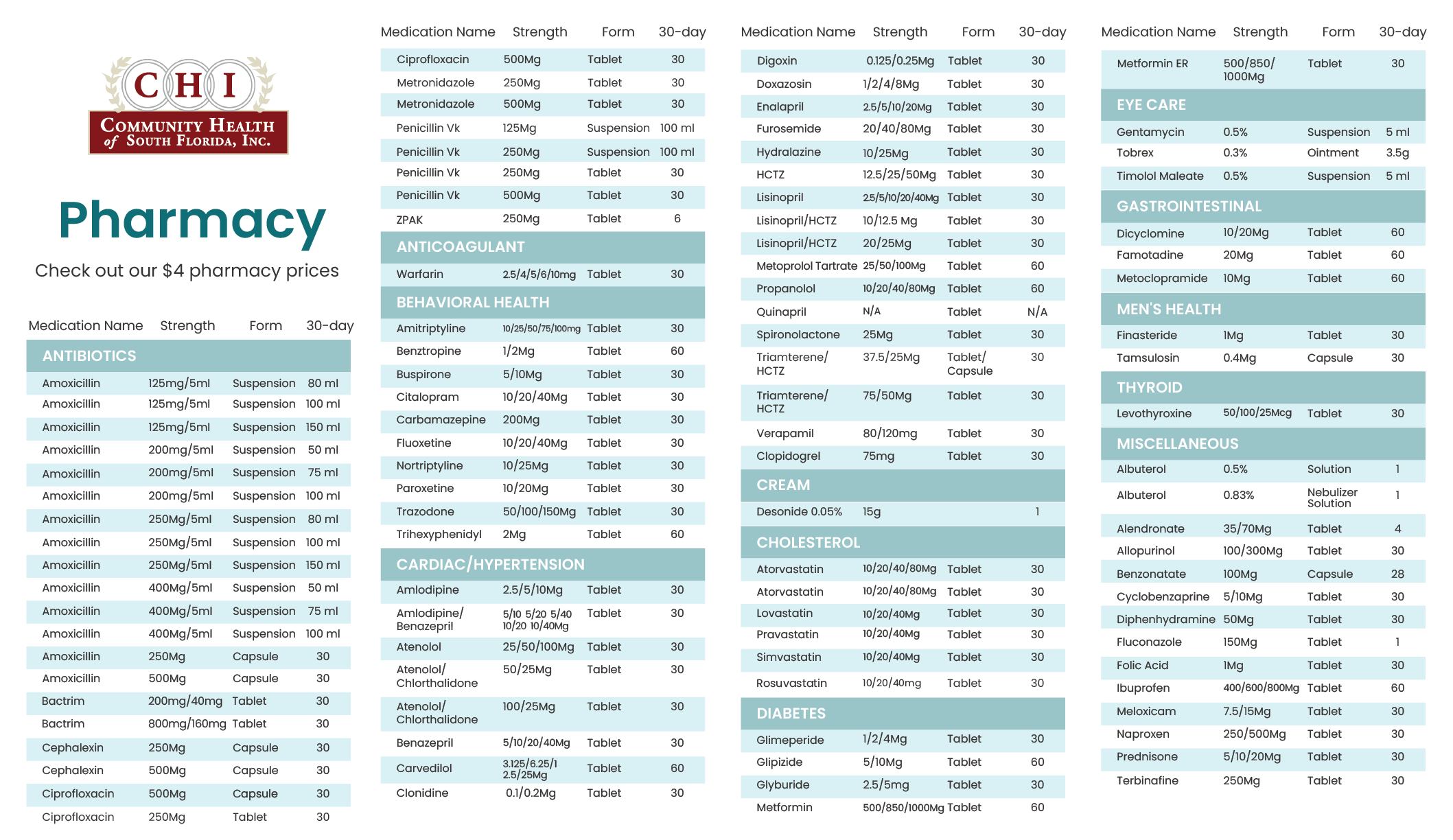What We Know and Still Don’t Know About COVID-19

Dr. Saint Anthony Amofah, Senior VP, Chief Medical Officer and Chief Academic Officer for CHI has been an integral leader of the CHI COVID-19 Response Team
A year into the world’s COVID-19 pandemic and much is still unknown about the illness. But every day, Community Health of South Florida, Inc. (CHI) learns new insights and developments for the South Florida community.
Dr. Saint Anthony Amofah, Senior VP, Chief Medical Officer for CHI, and Chief Academic Officer, gives us some answers to the most common questions:
What can you tell us about convalescent plasma for COVID-19?
Some studies are beginning to show that when a patient recovers from COVID-19, they develop antibodies. Those antibodies appear to be helpful in controlling the virus. If a patient currently has COVID-19, they might not yet have formed antibodies. This patient could receive the plasma as a possible treatment to attack the virus.
What can you do to help keep yourself and others healthy?
It’s important to use masks appropriately, which means covering both your nose and mouth. We should also take social distancing very seriously. If you need to take your mask off, you need to be least 6 feet away from anyone. I think that is the biggest problem that people have is not staying away from folks when they have their masks off. Let’s say that you are talking to a person who is sick and does have their mask on. If you are less than 6 feet away, even with your mask on, they can still deposit the virus in your eyes. People should also keep in mind to wash their hands with soap as much as possible and at least use hand sanitizer every time you touch a surface.
Can you get the virus from touching surfaces?
Yes, you can. It is not high risk, but it has a significant risk. Somebody who is coughing, and sneezing can deposit droplets on the surface.
How long do droplets remain in the air? Can they be pushed through the air conditioning ducts?
That is something that we are still trying to figure out. Droplets are small drops of liquid that drop quickly. The other one we are also worried about are called droplet nuclei or aerosols. These are the ones that suspend in the air. However, the thinking is that even though they might be infected, they might not have enough virus to infect other people unless you are in a closed space with an infected person for a period of time. Air conditioning has not been shown consistently as a way to transmit the virus, except in high risk environments like hospitals. However, there is guidance on how to minimize the risk.
What about groceries, packages and take-out food?
The food within the container has a very small risk of being contaminated because it has been cooked at high temperatures. If you order takeout stick to things that they don’t touch when it is done cooking. The covering of the food is what you must be careful about the most, since it can potentially exchange hands. You should take all precautionary actions to disinfect it and remove the food from the container. If you go to the grocery store, the Centers for Disease Control and Prevention (CDC) says that you must not use disinfectants designed for hard surfaces, such as bleach or ammonia, on food packaged in cardboard or plastic wrap. Wash your vegetables and fruits with regular soap.
What do we know or suspect about the long-term impacts of COVID-19 on the body?
There is a lot of research being done at this point. CHI will be participating in research on this topic with Nova Southeastern University on looking at the long-term impacts. So far, we know that the virus can affect some organs of your body. First, it can affect the lungs as some people that have the virus might develop Pneumonia. Once COVID-19 is gone, some people have had issues with their hearts. COVID-19 can cause blood clots that can affect your heart and other organs like the kidneys and the brain. The truth is that it all really depends on how severe the virus was in your body. Not everyone will demonstrate long-term impacts.
Do pregnant women have a greater risk of getting sick from COVID-19?
The CDC has learned that pregnant women tend to have a more severe illness. They have a possibility of developing a high-risk pregnancy with preterm birth.
For more information on COVID-19 testing at CHI, please visit: https://chisouthfl.org/covid[/vc_column_text][vc_separator type=”transparent” up=”15px” down=”15px”][/vc_column][/vc_row]





